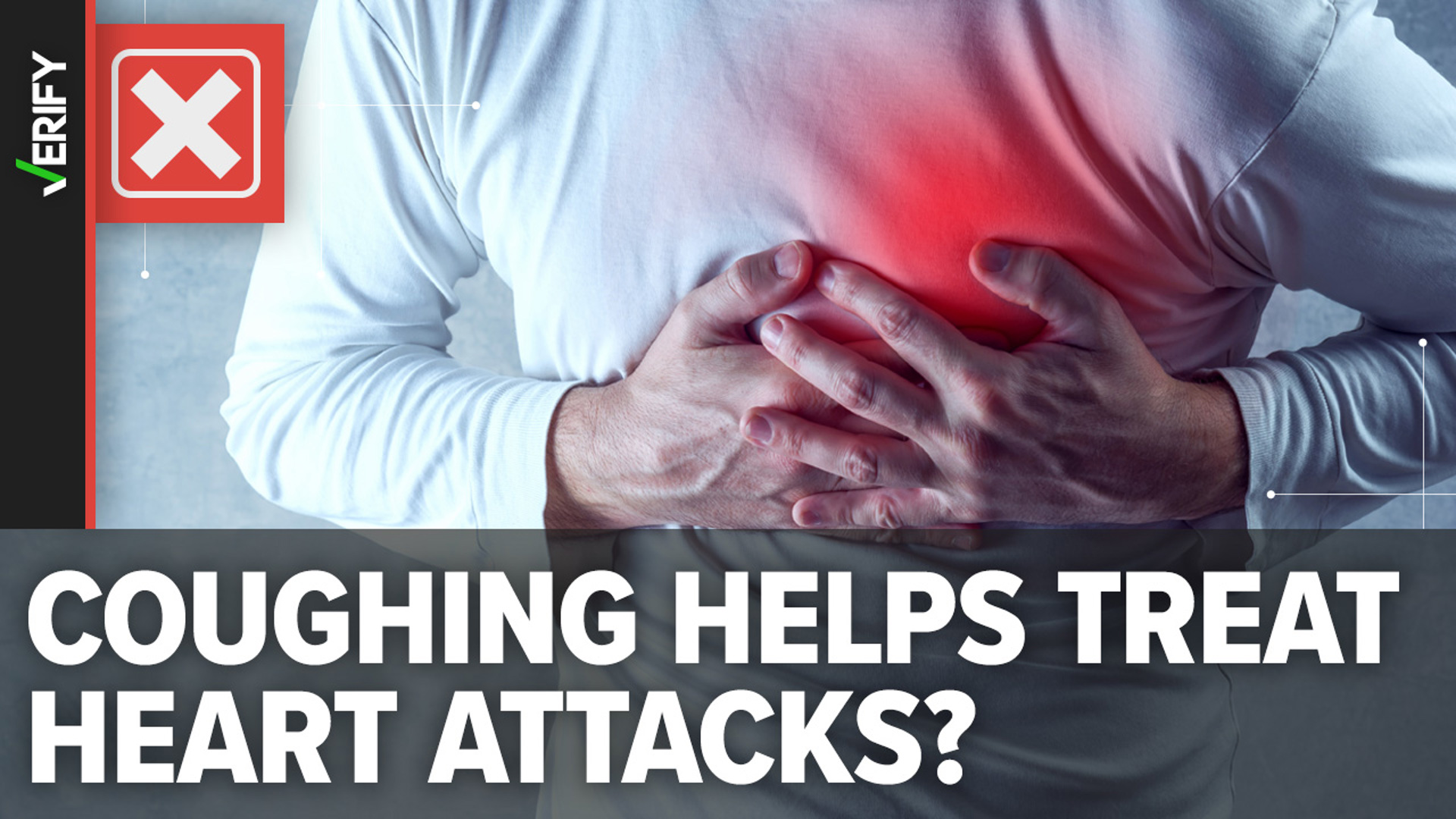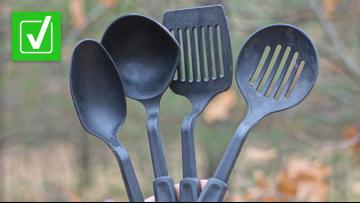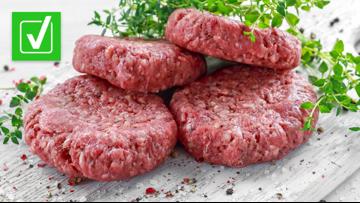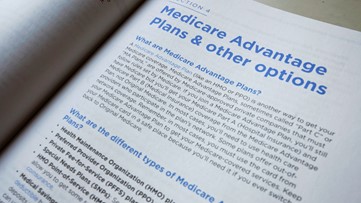Heart attacks are one of the leading causes of death in the United States, with an average of 805,000 people experiencing them annually. Social media posts claim that coughing repeatedly can help you survive a heart attack if you’re alone.
The posts instruct people to take deep breaths and cough “every second until you arrive at the hospital or until your heart starts to beat normally.”
VERIFY reader Terrica sent us one of those posts; she wanted to know if the coughing method really works and whether it’s approved by the American Heart Association.
THE QUESTION
Does coughing help treat a heart attack?
THE SOURCES
A Cleveland Clinic article
Matthew Sorrentino, M.D., in a University of Chicago Medicine article
THE ANSWER
No, coughing does not help treat a heart attack.
WHAT WE FOUND
Coughing is not an effective way to treat a heart attack, nor is it recommended by the American Heart Association. If someone is experiencing symptoms of a heart attack, 911 should be called immediately.
The idea that coughing can help with a heart attack likely comes from misleading information online about “cough CPR.”
“Cough CPR” is not a traditional resuscitation method. It refers to situations where a “conscious, responsive person may be able to cough forcefully and repetitively to maintain enough blood flow to the brain to remain conscious for a few seconds” while experiencing an arrhythmia, or irregular heartbeat -- not a heart attack -- the American Heart Association says.
The American Heart Association “does not endorse ‘cough CPR’” and explains that this method is not effective outside of the hospital setting and does not work in all patients.
The “cough CPR” method has been publicized as a way to potentially help maintain circulation after experiencing cardiac arrest - not a heart attack.
Heart attacks typically result from a blockage in blood flow to the heart, while cardiac arrest is often a sudden problem with the heart itself and its electrical system, University of Cincinnati Health explains.
When experiencing a heart attack, your heart typically keeps beating, a Cleveland Clinic article explains, but in cardiac arrest, the heart can stop beating suddenly.
Coughing causes a change in the pressure surrounding the lungs, which “affects blood flow to the heart and also interacts with the nervous system, especially the vagus nervous system, which links the heart, lungs and abdomen to the brain,” Matthew Sorrentino, M.D., says in a University of Chicago Medicine article.
When this happens, there’s a possibility that it can break an arrhythmia and help the heart return to beating normally. But heart attacks typically have a more chaotic rhythm that coughing cannot prevent.
“Cough CPR” is typically used in a clinical setting in cases of cardiac catheterization, or studies of the heart. For example, “patients might be told to cough vigorously during testing,” or while being monitored by an electrocardiogram machine, Cleveland Clinic and the American Heart Association says.
“Cough CPR is an effective way to maintain circulation for a minute or two following cardiac arrest,” Steven Nissen, M.D., says in a Cleveland Clinic article. But “Cough CPR” is not effective for heart attacks, the article explains.
Claims sometimes spread online about potential remedies for heart attacks. Earlier this year, another false claim that slapping the inside of a person’s elbow could help with a heart attack spread on social media.
If someone is experiencing a heart attack or cardiac arrest, medical experts recommend you immediately call 911. If you are alone, Vanderbilt Health recommends first calling 911, then stay calm, take aspirin and prepare for first responders to arrive.
This story is also available in Spanish / Lee este artículo también en español: No, toser no ayuda a tratar un infarto












